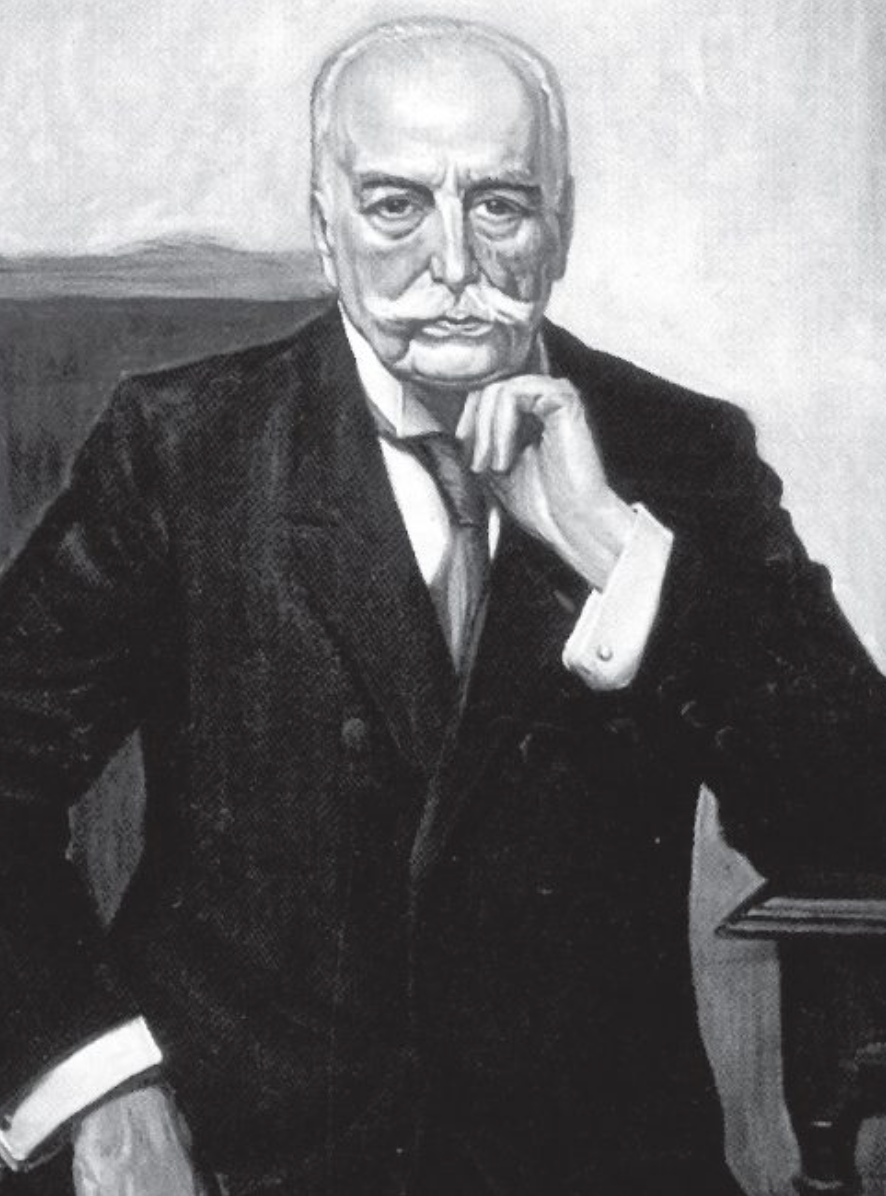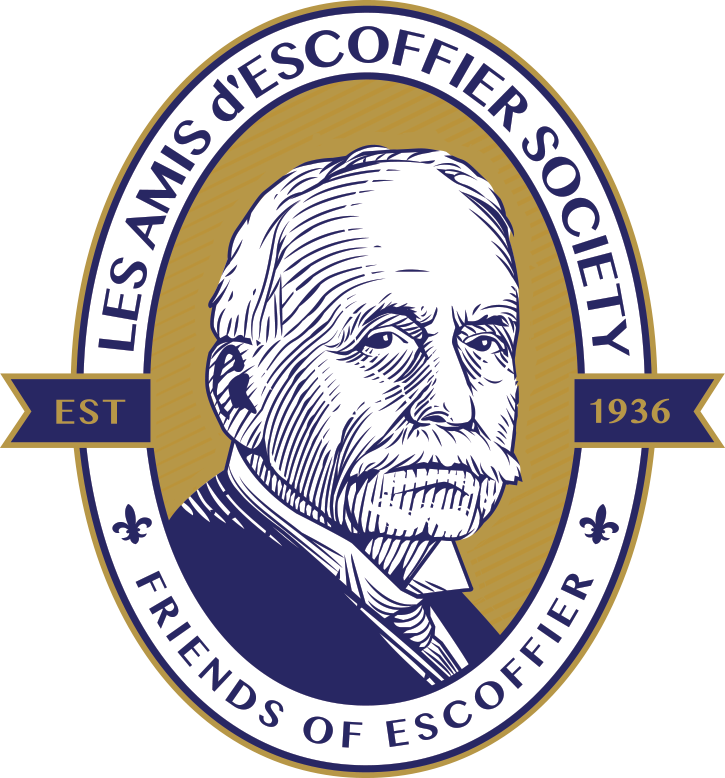An Escoffier Biography

LAuguste Escoffier
King of Chefs 1846-1935
Auguste Escoffier, “The Chef of Kings and The King of Chefs,” was born in the Riviera town of Villeneuve-Loubet, France, on October 28, 1846. His career in cookery began at the age of 12 when he entered into apprenticeship in his uncle’s restaurant, in Nice.
Escoffier went on to another apprenticeship at the age of 19, this time working in Paris. Escoffier was the first great chef who worked directly for the public throughout his entire career. Prior to this, the great French chefs were to be found in the kitchens of royalty and nobility, as was Carême, or at work in private clubs, like Alexis Soyer. Escoffier was never in private employ. From his apprenticeship in his uncle’s restaurant in Nice to his collaborations with Cesar Ritz, which marked the height of his career, Escoffier’s talents were in the service of cooking and his customers. Among those customers were kings, heads of state, and many stars of the London and Paris Opera. His career is legendary, in terms of the hotels in which he worked (among them the Savoy and Carlton of London), the contributions that he made to the aesthetics of gastronomy, and, perhaps most importantly, the revolutionary changes he made in upgrading the culinary arts.
Before Escoffier’s time, the Grande Cuisine was laden with excess — overly complicated recipes, ponderously extravagant dinners, sauces and garnishes that disguised main ingredients nearly beyond recognition. In accordance with his admonition, “above all, keep it simple,” Escoffier developed a new gastronomic philosophy, a sense of finely honed and highly refined simplicity in dining, ideals that have been espoused by the finest chefs of the Escoffier’s contributions to the culinary arts range far beyond those innovations that are immediately apparent to the eyes and palate of the connoisseur. He created the brigade system eliminating the chaotic, unpleasant atmosphere that once reigned in hotel and restaurant kitchens. Repulsed by the foul language and lack of concern for cleanliness all too common in nineteenth-century kitchens, Escoffier established sanitation standards and instilled in his subordinates a real respect for the wholesomeness of the food they served.
He was one of the earliest chefs of note to have a sincere interest in preserving the nutritional value of the foods he prepared and served. Escoffier also had an expertise in food science and was a pioneer in food preservation and in developing sauces that could be bottled for the homemaker.
Escoffier promoted the belief that food service professionals at all levels should be dedicated to improving their skills and general knowledge through education. He wrote numerous articles and books on cookery, the most famous of his works being Le Guide Culinaire and A Guide to Modern Cookery.
On February 12th, 1935, a few days after the death of his wife, Escoffier died at his home, La Villa Fernand, 8 bis Avenue de la Costa, Monte Carlo, in his eighty-ninth year. He is buried in the family vault at Villeneuve-Loubet.
